Practice counting Worksheets for Ages 6-9
6 filtered results
-
From - To
Mastering basic math skills is essential for young learners. Our Practice Counting Worksheets for Ages 6-9 are designed to develop and enhance counting abilities, ensuring a solid math foundation. Engaging exercises will take your child on a mathematical journey, improving their number sense, sequencing, and addition skills. Perfect for both classroom and at-home learning, these printable worksheets boost confidence and accuracy through fun and interactive activities designed by educational experts. There's no better way to make counting an enjoyable and regular practice. Join today to support your child’s journey towards math excellence!
Ensuring that children aged 6-9 practice counting is vital for their foundational mathematical development. At this stage, children are in the early stages of cognitive development, where they begin to understand numerical concepts and their relationships. Counting lays the groundwork for more complex mathematical skills such as addition, subtraction, multiplication, and division. Regular practice helps enhance their number sense, which is an understanding of numbers and their various uses and relationships in daily life.
Counting activities also improve a child's ability to recognize patterns and sequences, which are essential skills not just in math, but in problem-solving across many disciplines. It builds confidence and removes the anxiety that often surrounds learning more advanced math concepts.
Furthermore, counting practices can be incorporated into daily routines, making learning practical and relevant. For example, counting toys, steps, or other objects they interact with regularly can make math tangible.
Encouraging consistent practice of counting ensures that children develop a strong numeracy base, leading to better performance in school and everyday tasks. Enhanced counting skills also foster critical thinking and pave the way to a positive attitude towards learning as they grow. Thus, it’s crucial for parents and teachers to prioritize and engage children in counting activities.
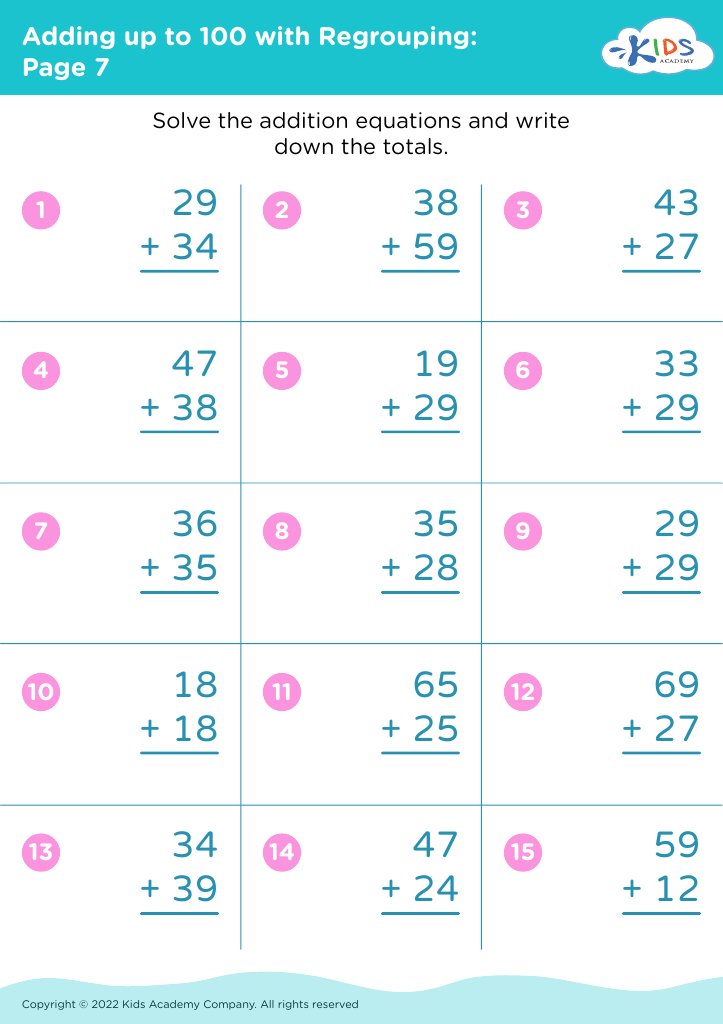

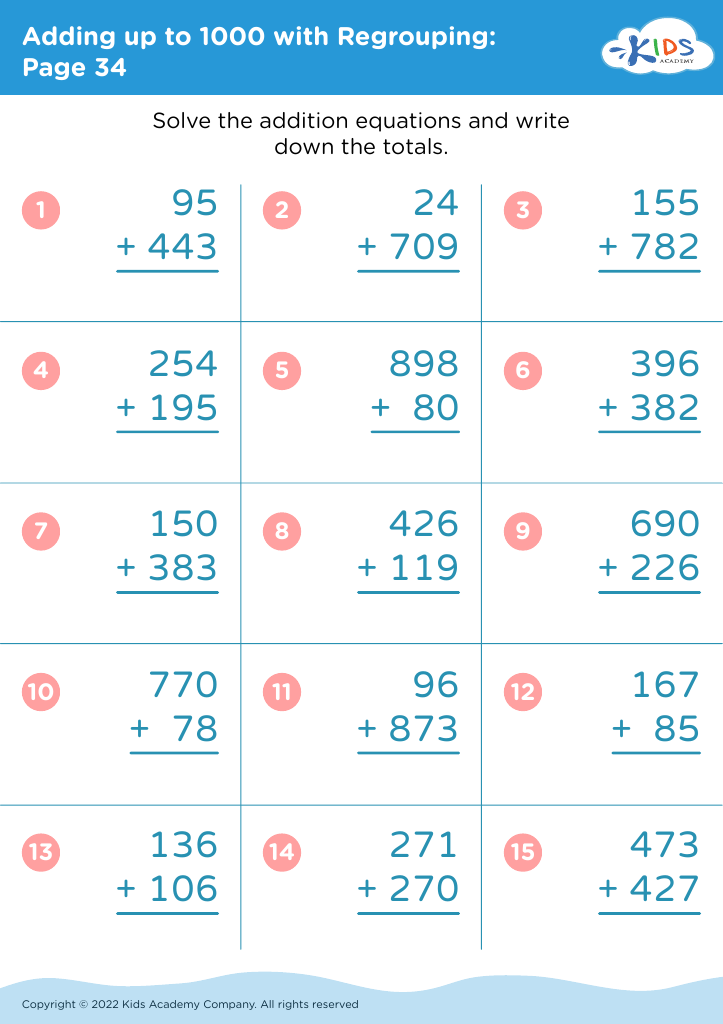
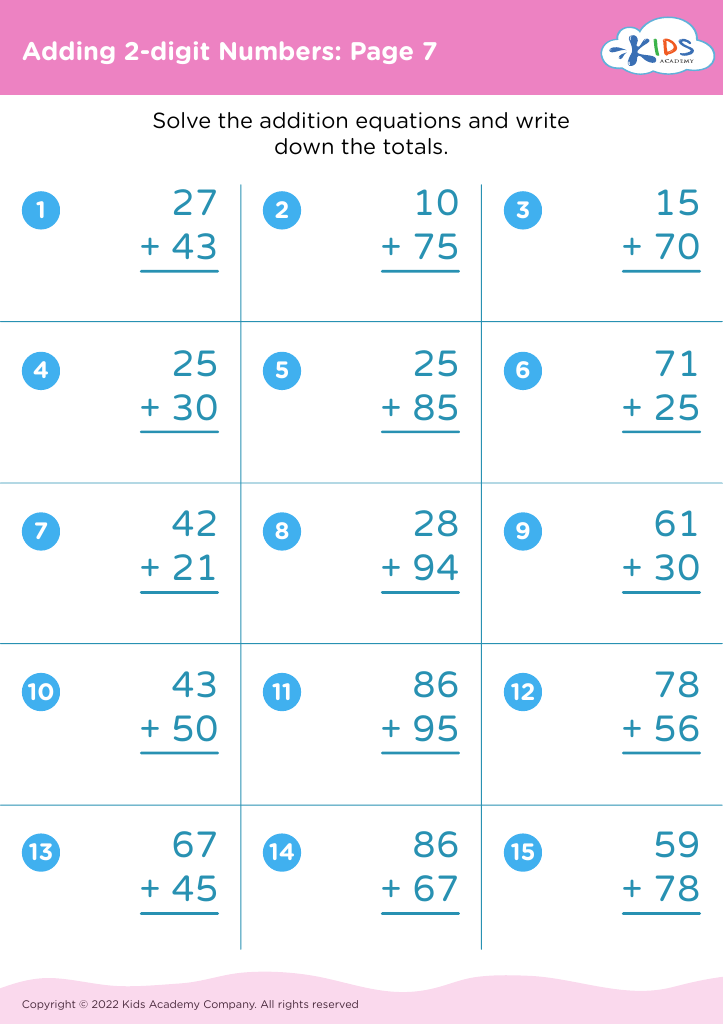
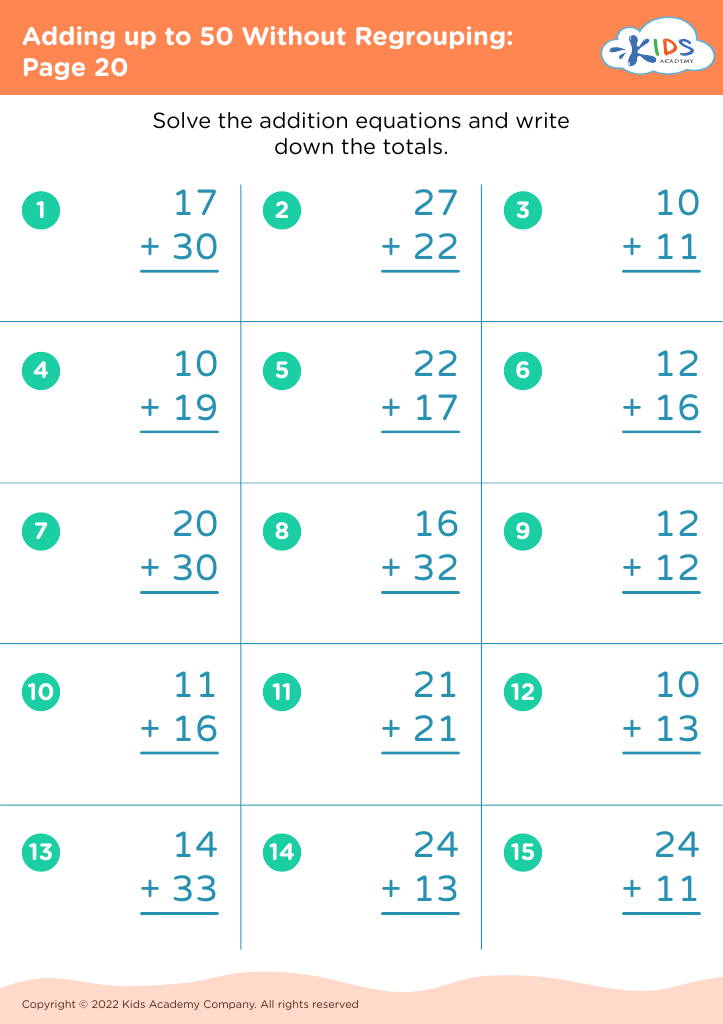
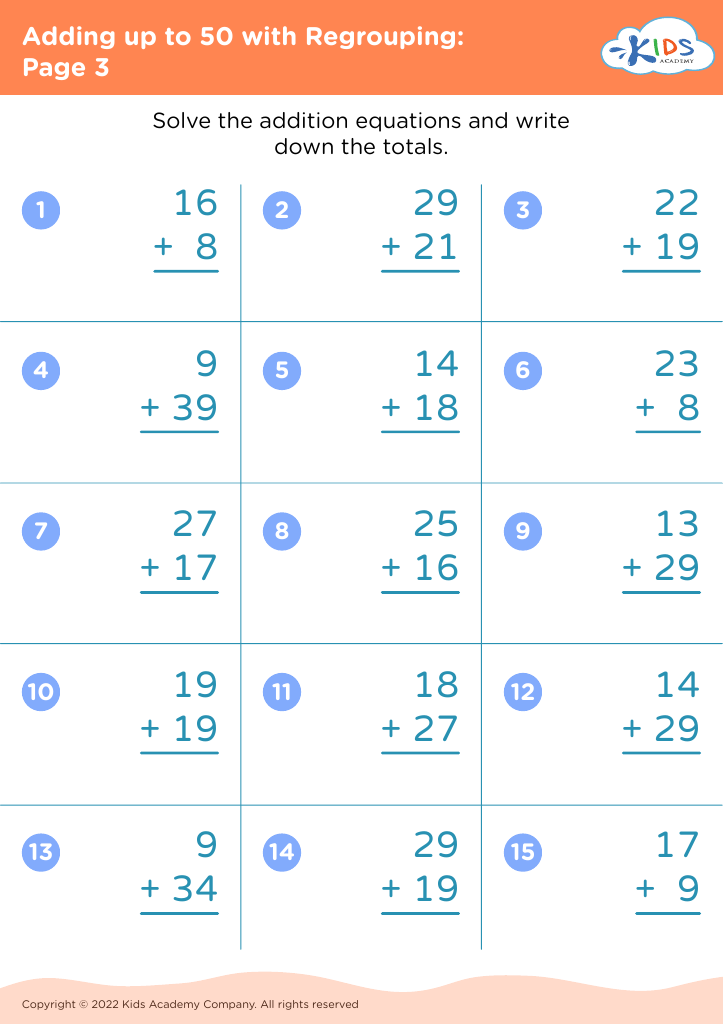




%20(1).jpg)
















